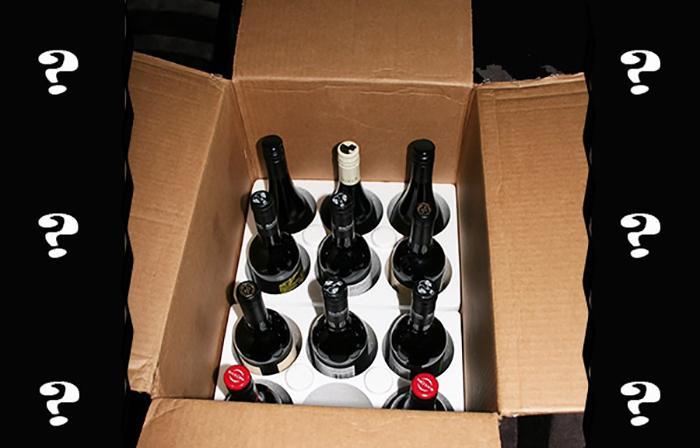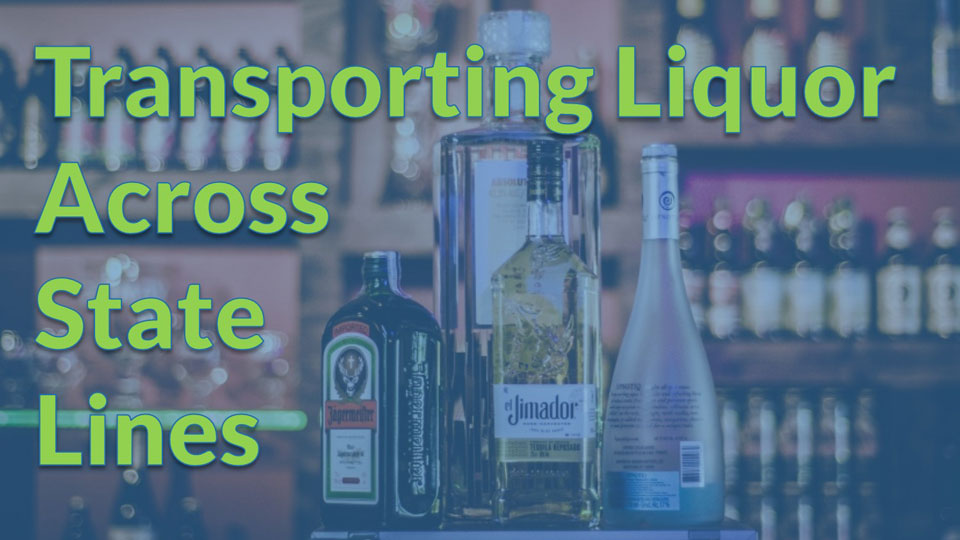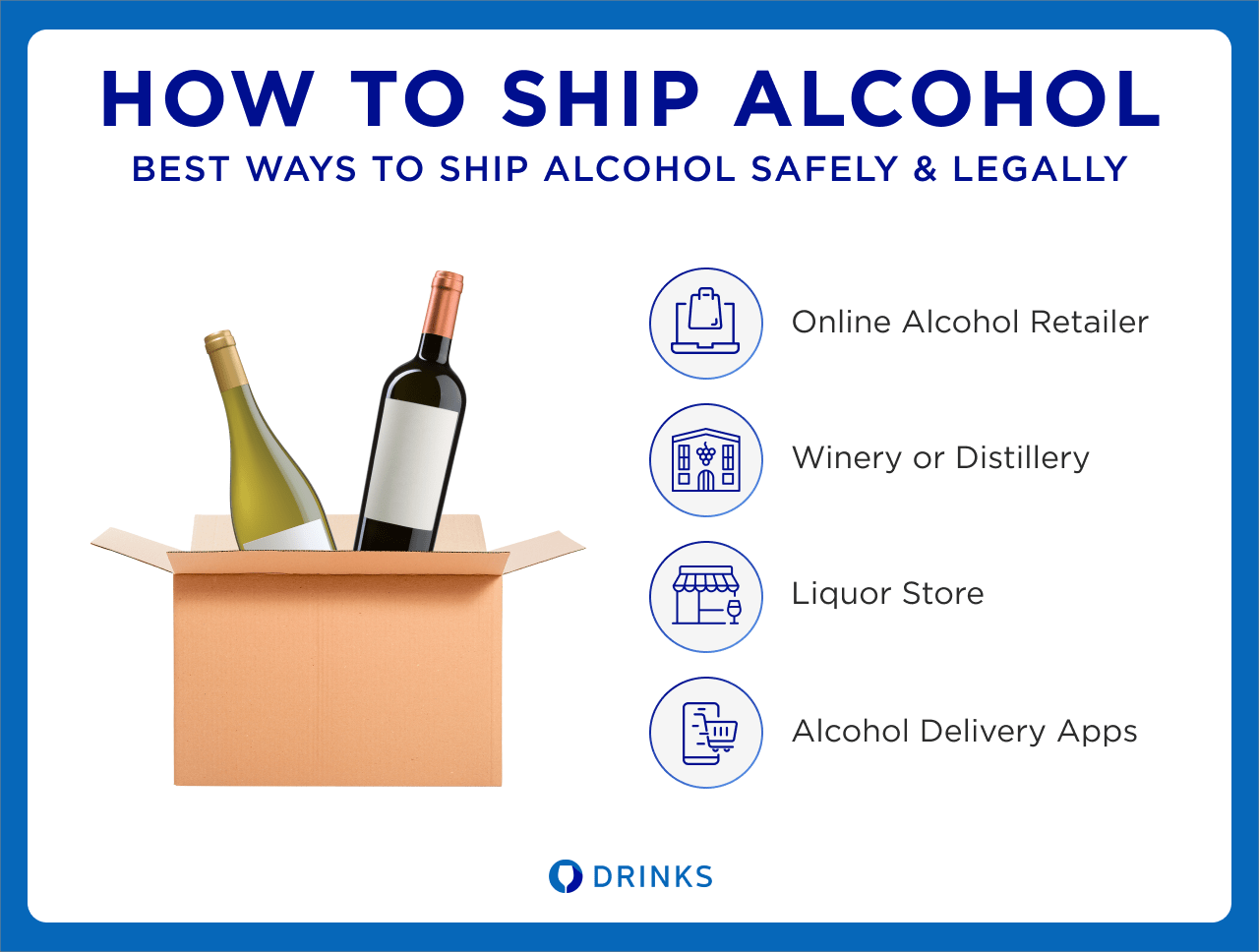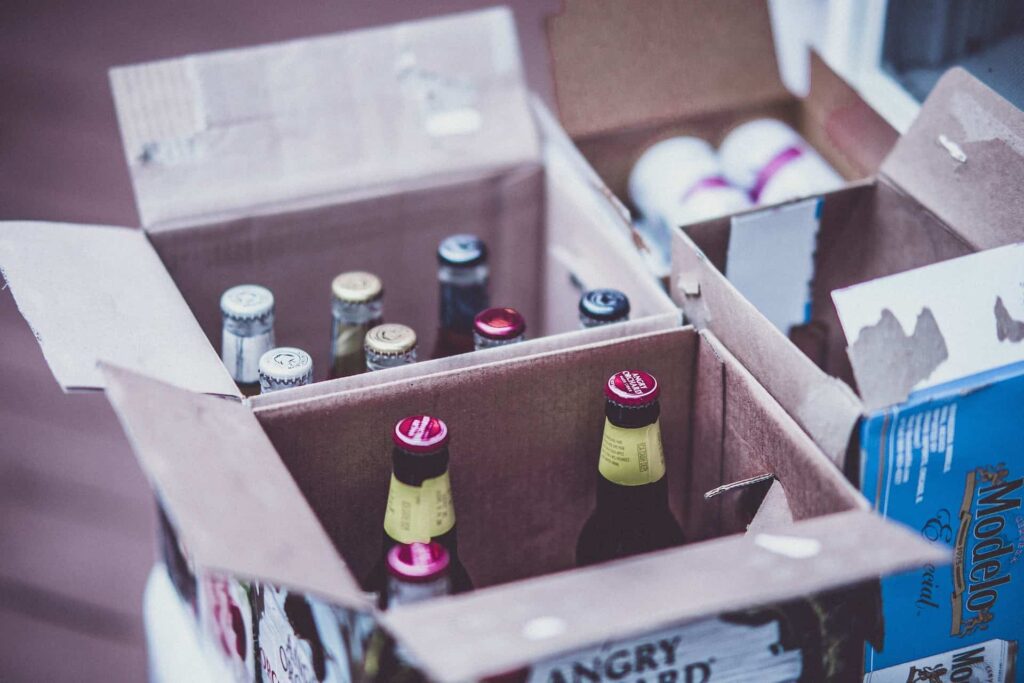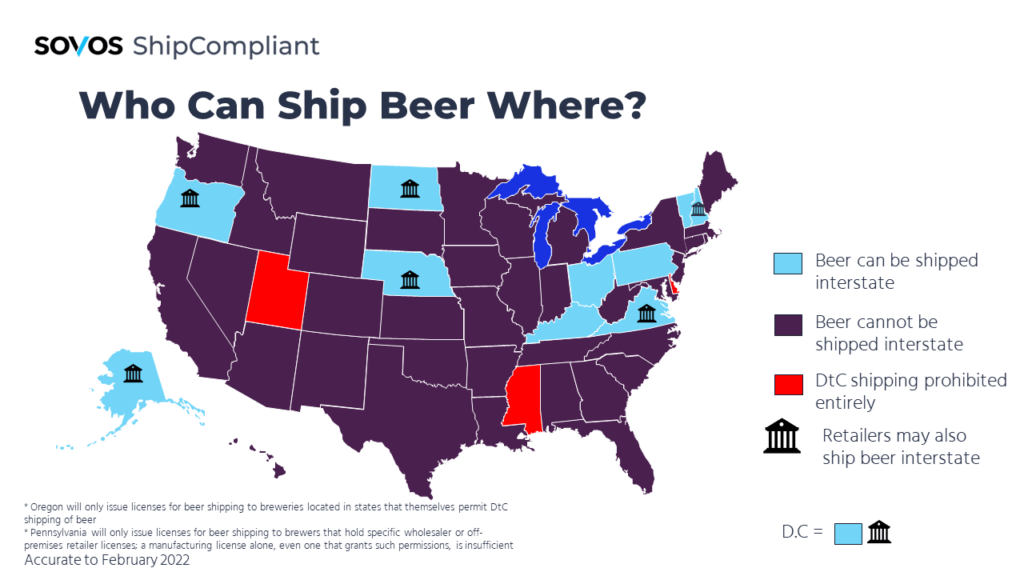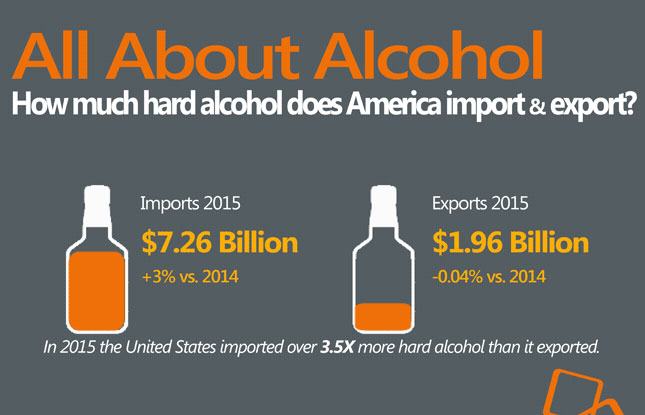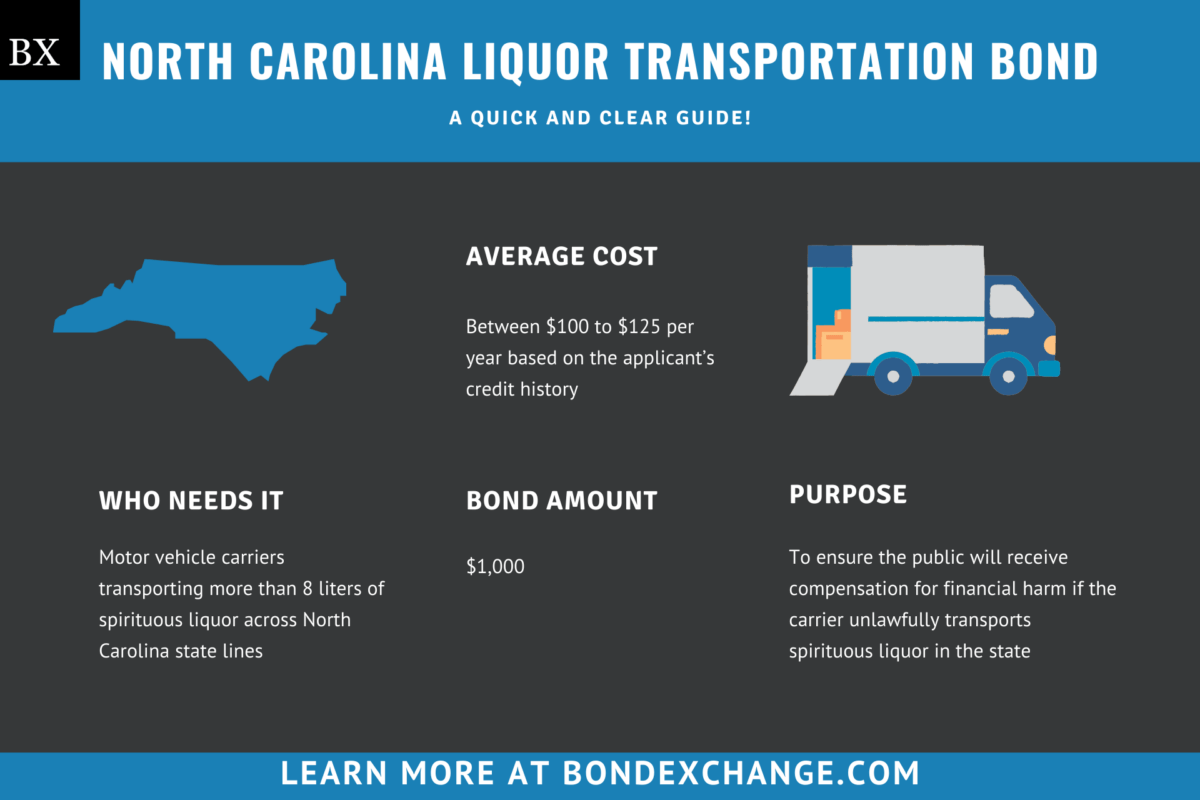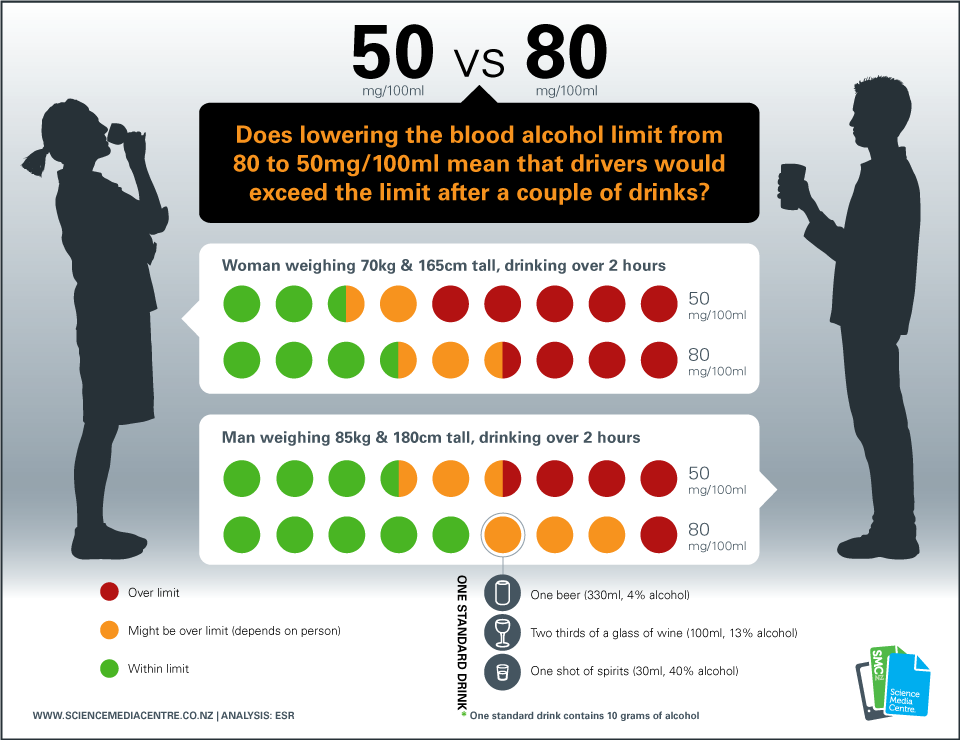Is Transporting Alcohol Across State Lines Illegal

Crossing state lines with that bottle of wine could land you in hot water. The legality of transporting alcohol across state lines is a complex issue with varying federal and state laws that can lead to unexpected legal consequences.
Understanding these regulations is crucial to avoid hefty fines and potential legal trouble.
The Core Issue: Federal vs. State Laws
The 21st Amendment repealed Prohibition, granting states the authority to regulate alcohol within their borders. This creates a patchwork of laws regarding alcohol transportation.
Federal law generally prohibits transporting alcohol across state lines for commercial purposes without the proper licenses and permits. However, personal consumption is a different matter and falls under a gray area further complicated by state laws.
Think twice before stocking up on your favorite craft beer during that road trip!
Personal Use vs. Commercial Purposes
The key distinction lies in the intent. Transporting alcohol for personal use is generally treated differently than transporting it for commercial reasons, like resale.
However, even for personal use, many states have restrictions on the quantity you can bring in. Some states may allow a few bottles of wine but strictly forbid importing beer or spirits. The penalties vary significantly from state to state.
Don’t assume that just because one state allows it, all others do.
State-Specific Regulations: A Minefield
Navigating the various state laws can be a legal minefield. Some states have reciprocal agreements allowing limited amounts of alcohol to be transported, while others have strict prohibitions.
For example, some states permit residents to purchase alcohol out-of-state and bring it back for personal consumption, but only up to a certain quantity, often a few liters.
Other states, like those with strong ties to the alcohol distribution industry, may heavily restrict or completely ban the import of alcohol from other states, even for personal use.
Direct Shipping: A Modern Complication
The rise of online alcohol sales has added another layer of complexity. Many states have laws prohibiting the direct shipment of alcohol from out-of-state retailers to consumers.
This is often to protect local alcohol distributors and retailers. Consumers who circumvent these laws risk fines and legal repercussions.
Be wary of ordering that rare wine online if you're not sure about your state's laws regarding direct shipping!
Penalties for Violations
The consequences of violating alcohol transportation laws range from fines to potential criminal charges. The severity often depends on the amount of alcohol transported and the specific state laws violated.
Fines can range from a few hundred dollars to several thousand dollars. In some cases, repeat offenders could face misdemeanor charges or even felony charges if large quantities are involved.
Vehicle seizure is also a possibility in some states if the alcohol is being transported illegally.
"Ignorance of the law is no excuse," legal experts warn.
Who is Most at Risk?
Individuals who frequently travel between states, especially those near state lines with significantly different alcohol prices or selections, are particularly at risk.
Businesses involved in the unauthorized transportation or distribution of alcohol face even greater risks, including significant fines, loss of licenses, and potential criminal prosecution.
Small wineries or breweries selling directly to consumers also need to be particularly vigilant about complying with each state’s regulations, potentially requiring expensive permits to ship legally.
Recent Developments and Ongoing Challenges
The alcohol transportation landscape is constantly evolving. Court cases challenging state laws that restrict interstate alcohol shipments are ongoing, arguing they violate the Commerce Clause of the U.S. Constitution.
These legal battles could potentially reshape the way alcohol is transported and sold across state lines, creating more uniform regulations.
Keep an eye on federal and state legislative actions as these issues are constantly being debated and revised.
Next Steps: Staying Informed
The best way to avoid legal trouble is to research the specific laws of each state you plan to travel through or ship alcohol to. Consult your state's Alcohol Beverage Control (ABC) agency for detailed information.
Consider consulting with an attorney specializing in alcohol beverage law for complex situations, especially if you're a business involved in the distribution of alcohol.
Stay informed about any legislative changes or court decisions that could affect your ability to transport alcohol legally.

